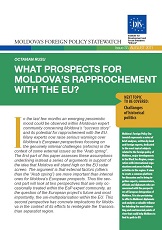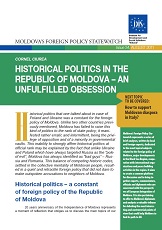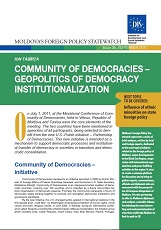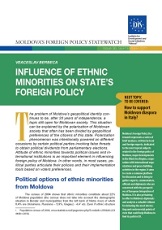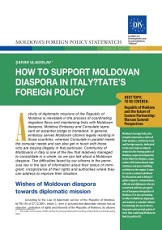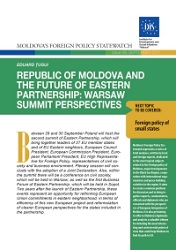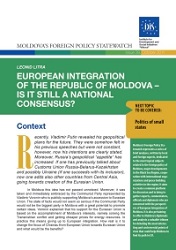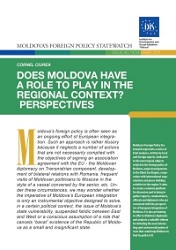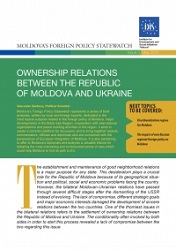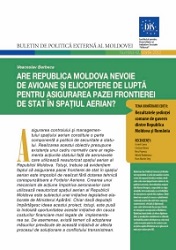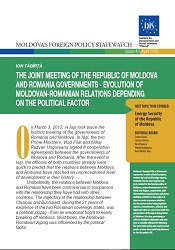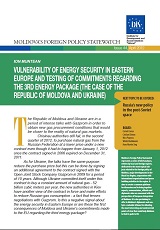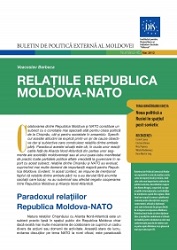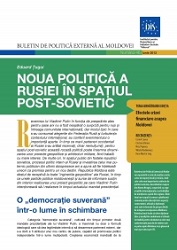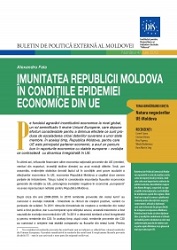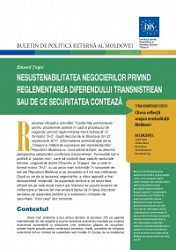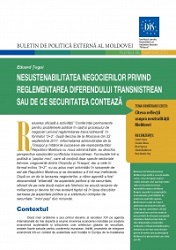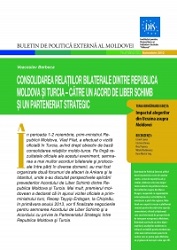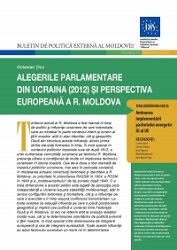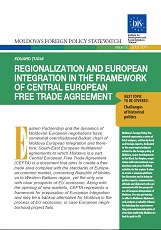
Regionalization and European Integration in the Framework of Central European Free Trade Agreement
Regionalization and European Integration in the Framework of Central European Free Trade Agreement
Keywords: Eastern Partnership;
Eastern Partnership and the dynamics of Moldovan-European negotiations have somewhat overshadowed Balkan chain of Moldova European Integration and therefore, South-East European multilateral agreements to which Moldova is a part. Central European Free Trade Agreement (CEFTA) is a document that aims to create a free trade area complied with the standards of European common market, connecting Republic of Moldova to Western Balkans region, yet the only one with clear prospects of EU accession. Along with the opening of new markets, CEFTA represents a framework for preparation of European Integration and may be a backup alternative for Moldova in the process of EU accession, in case European neighborhood project fails.
More...
